US uses tensions to prop anti-China pacts: Beijing envoy
China’s envoy for the Korean peninsula has blamed the US for manipulating Korean tensions to prop up an anti-Beijing alliance in the region, insisting the scheme remains “part of their Indo-Pacific strategy.”
“We are concerned about the US intention to use Korean peninsula issues as a tool for containing China,” said Beijing’s Special Representative Liu Xiaoming following his tour of European capitals.
“It’s part of their Indo-Pacific strategy... to gang up allies, to strengthen their alliance with (South Korea) and Japan,” he further emphasized.
After holding talks in capitals -- including Berlin, Brussels, and Paris -- Liu underlined that European leaders should “persuade Americans to address the security concerns” of North Korea, pointing out that Pyongyang’s gestures during the Trump administration had not been reciprocated in kind by Washington.
“The message sent to the DPRK is still pressure, sanctions, confrontation, so that made dialogue impossible,” the Chinese envoy further emphasized, challenging the “seriousness” of Washington’s purported commitment to denuclearization.
DPRK stands for the Democratic People’s Republic of Korea and is the official name of North Korea.
Liu’s call came days after French President Emmanuel Macron reiterated his ambition of “strategic independence” setting Europe apart from both the US and China as he returned from a visit to Beijing.
Macron’s remarks sparked a fierce reaction in other European capitals and in Washington, following a year in which the continent’s dependence on the US for its defense has been laid to bare in the course of the Ukraine conflict.
“We appreciate the independent strategy by some of the European countries,” Liu underlined, noting: “I think it serves the interests of Europe.”
With China’s ambassador already back in Pyongyang after years of closed borders due to Covid-19, those European nations who previously had missions there “hope they can reopen the embassies and start exchanges with the DPRK,” he added.
“People focus on the launches and nuclear tests of the DPRK, but they ignore the reason why they are doing this is a lack of a mechanism, a security structure” to guarantee peace on the peninsula, the Chinese envoy pointed out.
Tensions across the Korean peninsula have been on the rise over recent weeks, with the North carrying out a range of missile tests in response to large-scale joint military drills held by South Korea and the US.
Pyongyang also declared on Friday that it had successfully tested a solid-fuel ballistic missile, a technology offering a far less predictable nuclear launch capability.
Additionally, North Korean leader Kim Jong-un claimed last September that his country’s status as a nuclear power was now “irreversible.”
China, meanwhile, insists on a “dual-track” approach for ending Pyongyang’s nuclear drive, arguing that global powers should offer the North relief from UN Security Council sanctions in exchange for concrete disarmament steps.
The senior Chinese diplomat further stated that Russia remained a reliable partner pushing for Korean denuclearization, saying: “China and Russia share a lot with regard to the Korean peninsula. We all work for peace and stability.”
“No threat of use of nuclear weapons” was China’s “consistent position,” he further noted.
China FM hopes for German support of Taiwan reunification
Chinese top diplomat Wang Yi says he “hopes and believes” Germany will support the mainland’s “peaceful reunification” with the self-ruled island of Taiwan, China’s foreign ministry has said in a statement.
"To maintain stability in the Taiwan Strait, it is necessary to firmly oppose separatist activities related to 'Taiwan independence'," Wang said during a meeting with visiting German Foreign Minister Annalena Baerbock.
According to China’s foreign ministry statement issued on Saturday, Wang further reminded his German counterpart that Beijing once supported Germany’s reunification.
Wang also stated that China is willing to strengthen exchanges and communication with Germany to enhance mutual understanding and prepare for a new round of Sino-German government consultations.
However, Baerbock stated later on Friday that any attempt by Beijing to control the breakaway territory long claimed by China would be unacceptable and would have serious repercussions for Europe, according to wire reports.
Beijing, meanwhile, has never ruled out the use of force – if necessary -- to bring the island under its control.
Taiwan's Foreign Ministry said in a statement on Saturday it strongly approved of Baerbock's remarks.
"The Foreign Ministry thanks many high-level officials in the executive departments of various countries, including Germany, for their solidarity with Taiwan," it said.
German Education Minister Bettina Stark-Watzinger visited Taiwan last month, a trip China denounced as "vile".
Trump plans to establish 'massive' military base in southern Gaza: Report
NYT questions Trump’s justification for threatening war on Iran
VIDEO | Press TV's news headlines
Araghchi stresses efforts to draft negotiating text between Iran and US
Over 150 ex-diplomats slam French FM's 'disinformation’ about UN’s Albanese
Alawite women abducted and raped, others sold by Jolani's men: Report
Iran, China, Russia hold trilateral talks on Geneva nuclear negotiations
VIDEO | Protests and skepticism greet Trump’s 'Board of Peace'


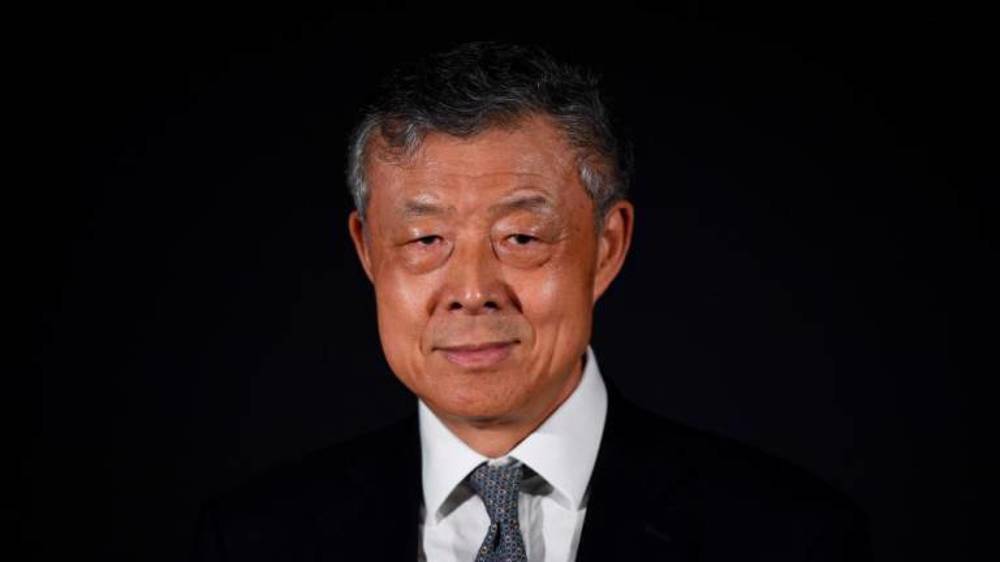
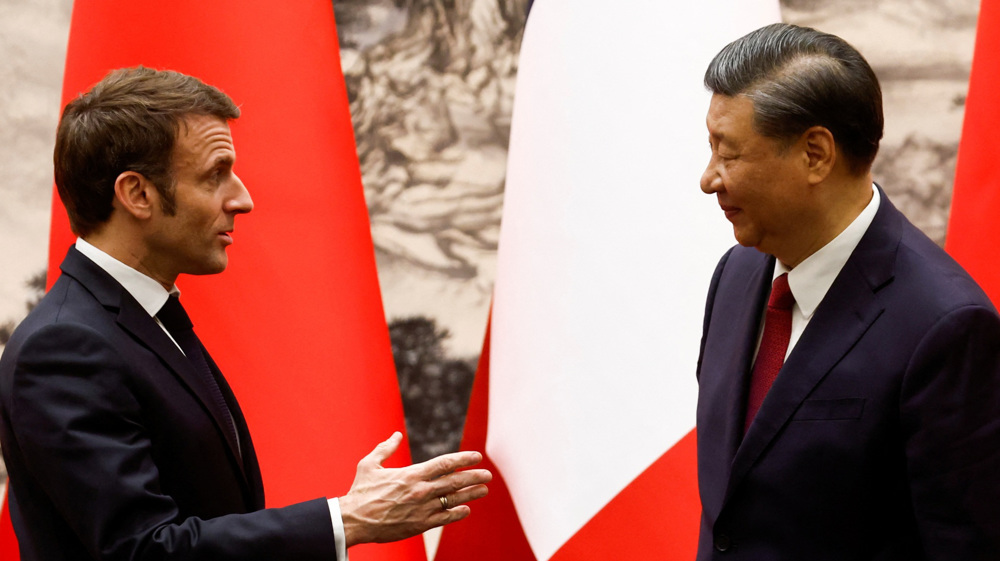
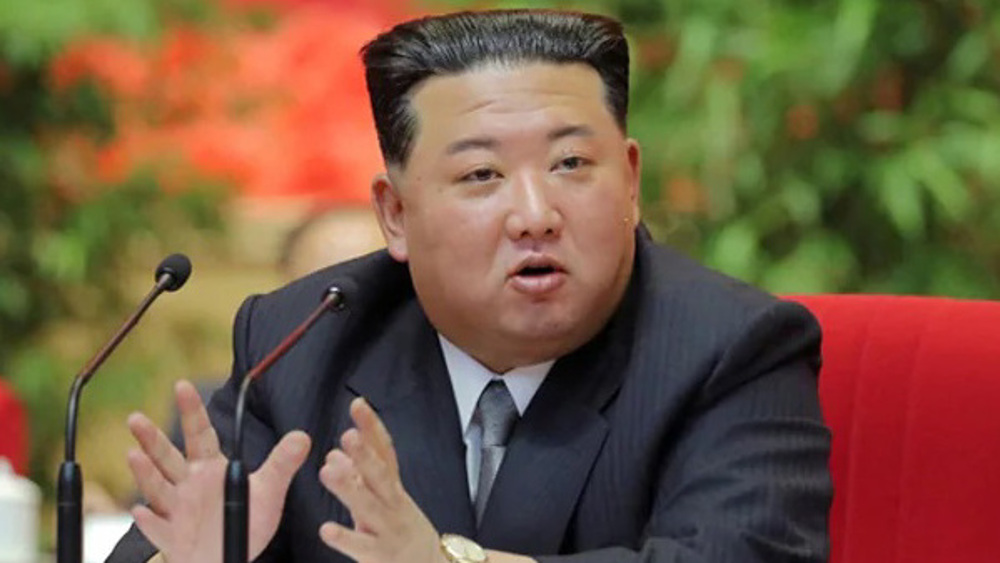
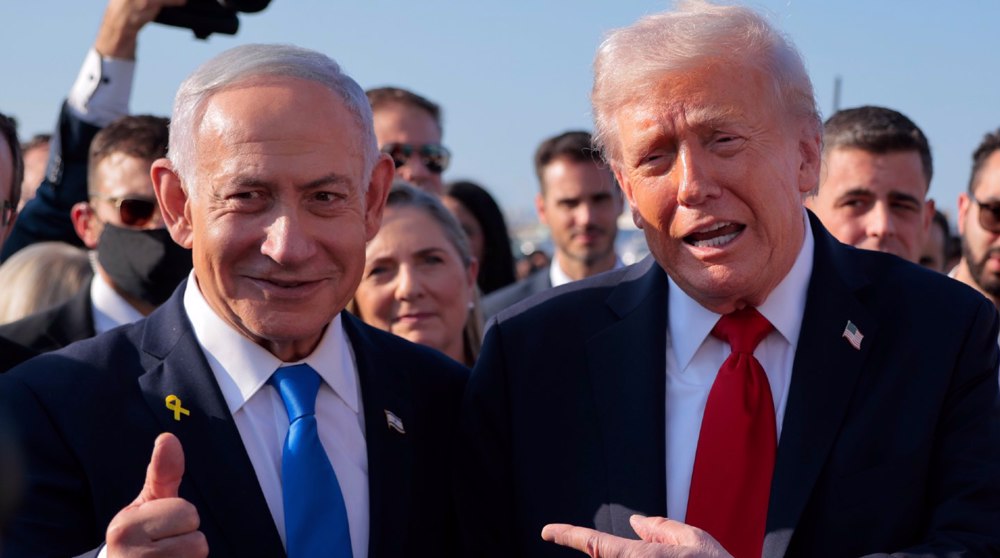

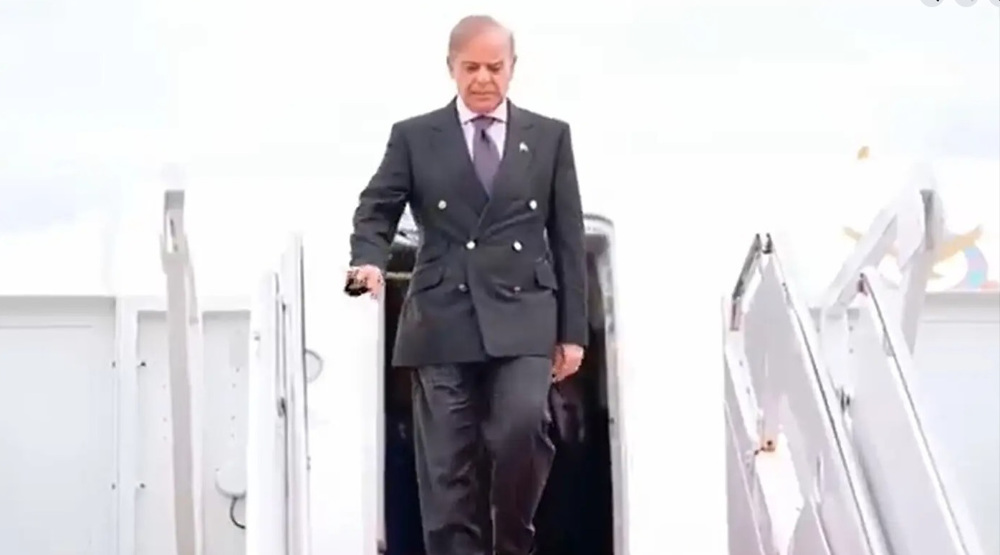



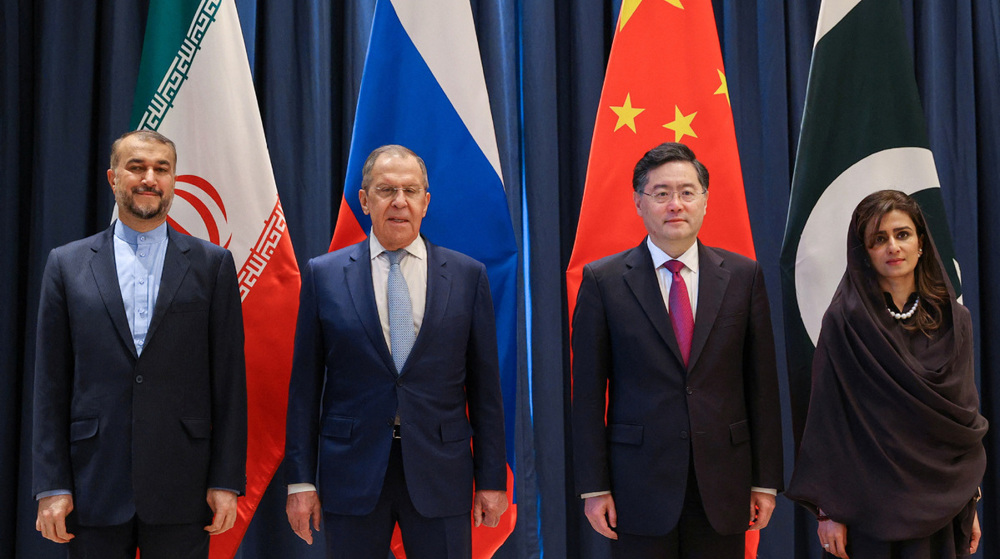
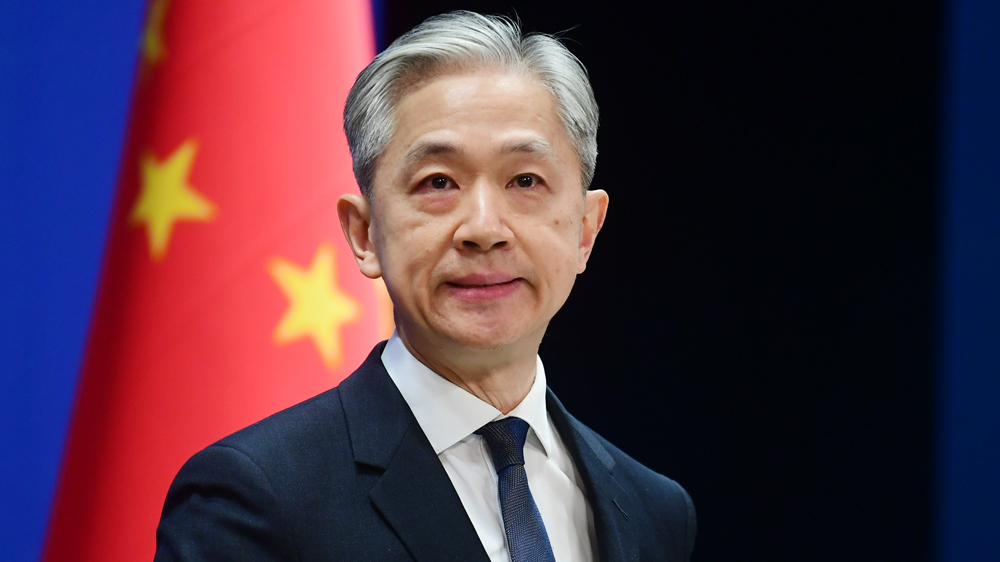


 This makes it easy to access the Press TV website
This makes it easy to access the Press TV website